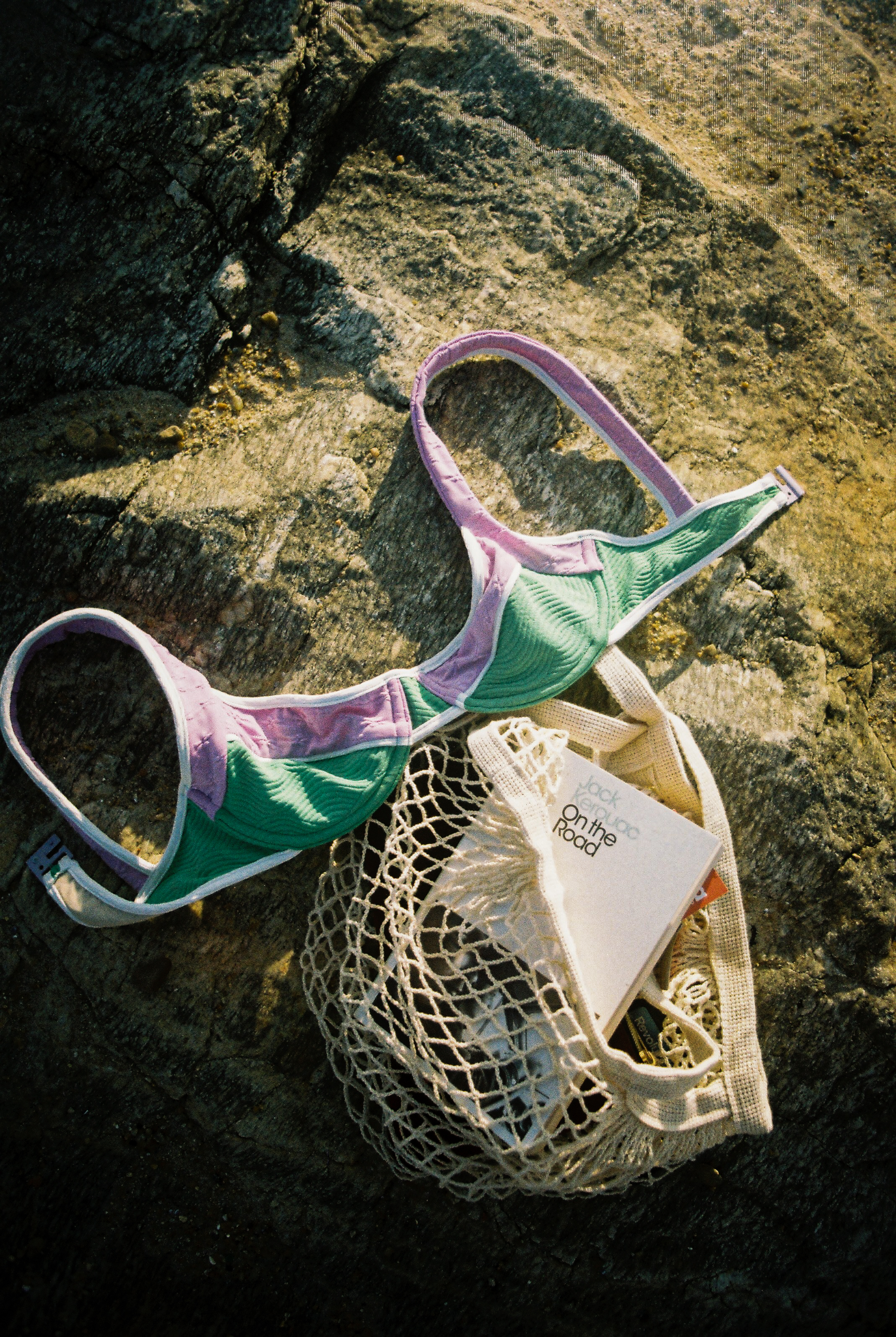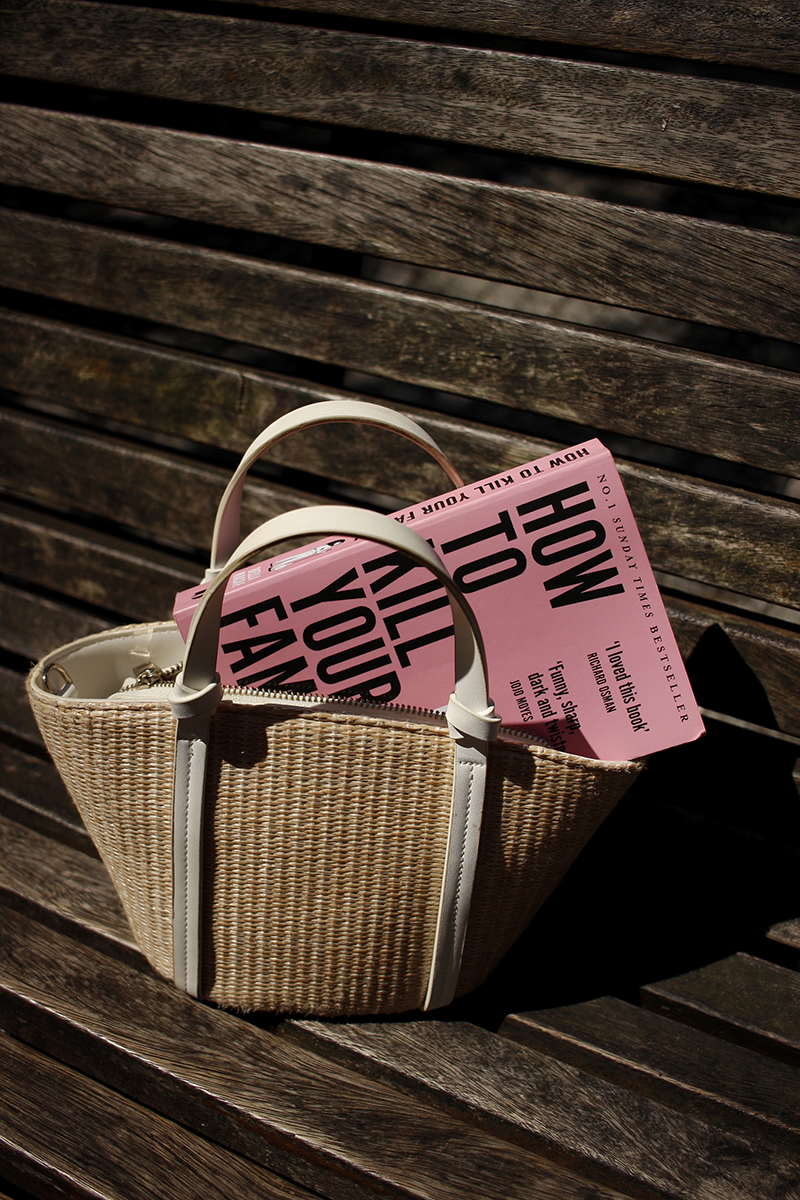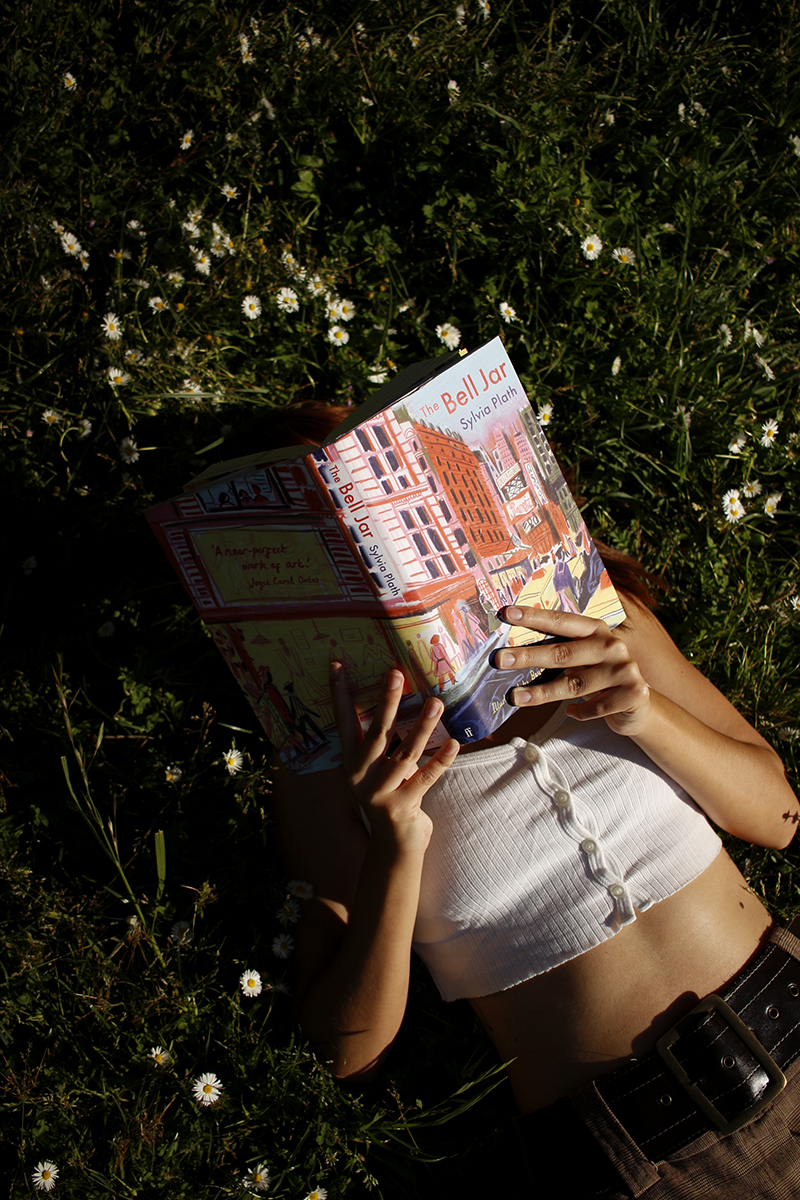
Nasci em 1996. Tecnicamente, sou uma Millennial. Mas sempre me disseram que posso ser aquilo que eu bem quiser, por isso, identifico-me como Gen Z. Até usei um filtro no TikTok para descobrir se sou Millennial ou Gen Z, o quão mais Gen Z pode isto ser? Mas o meu amor por esta geração já não é novidade nenhuma, podem ler mais AQUI. Hoje quero falar um pouco mais sobre as diferenças entre as duas gerações. Como seres humanos, vamos sempre achar que a nossa geração é a mais cool. Eu sei que tivemos a possibilidade de crescer sem Internet, e sem redes sociais, mas, hoje em dia, usamos tudo isso, por isso o quão relevante é esse argumento? É algo que não me interessa assim tanto, por isso, volto a dizer, identifico-me como Gen Z. Os Millennials criaram o síndrome do impostor, enquanto a Gen Z criou o Lucky Girl Syndrome, conseguem perceber a forma totalmente diferente como estas duas gerações pensam. Enquanto uma cria todos os motivos para se sabotar, a outra cria motivos para ser a sua melhor versão. Desculpem, mas eu quero pertencer à última. Sabem quem, normalmente, me elogia os outfits na rua? A Gen Z. Nunca uma pessoa mais velha (não Millennials não vos estou a chamar de velhos, apenas estou a dizer que são mais velhos) , veio ter comigo para dizer que gostava do meu outfit. Até me podem olhar de cima a baixo, mas nunca falaram comigo. Já vi muitos Millennials ficarem ofendidos por acharem que são Gen Z, mas, como podem ver por este post, não é mesmo o meu caso. Claro que todas as gerações têm coisas más, mas, no fundo, acredito que estamos sempre a evoluir. E se se estão a perguntar o que disse o filtro do TikTok sobre mim, acertaram, sou Gen Z e, se um filtro o diz, então é 100% verdade.
I was born in 1996. Technically, I'm a Millennial. But my mom always told me I could be whatever I wanted, so I identify as Gen Z. I even used the TikTok filter to find out if I'm a Millennial or Gen Z, how more Gen Z can this be? But my love for this generation is old news, I already wrote a blog post sharing my love HERE. Today I want to talk about the differences between these two generations. As humans, we will always think that our own generation is the best. Yeah, I know. We grew up without the internet, and we lived outside social media, blah blah blah. I don't really care. Of course, it was good, but we all use the Internet nowadays and feels good to actually know how to use it, so don't use that argument with me. I still identify as Gen Z. Millennials created the imposter syndrome, while Gen Z came up with the lucky girl syndrome. Can you tell how differently these two generations think? While the first create reasons to fail, the other creates reasons to be the best version of themselves. Call them delusional but I bet it works better than always sabotaging yourself. Do you know who usually compliments my outfits on the street? Gen Z. Not even once someone older (no Millennials, I'm not calling you old, I'm just saying that you are older) came up to me and told me they love my outfit or that I look great. They might look me up and down, but they never say something good. Can you tell how cool Gen Z is? Millennials get really offended when people think they are Gen Z, but as you can tell but this post is not really my case. Of course, all generations have bad things but I really believe we are always evolving, and we just get better as new generations keep coming. And if you're wondering what that TikTok filter told about me, you guessed it right, I'm definitely Gen Z, and if a TikTok filter says it, then it's 100% truth.









t-shirt and bag SECOND HAND | short c/o LOVECHILD | sneakers REEBOK





















